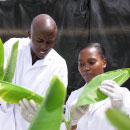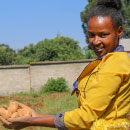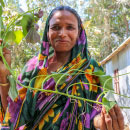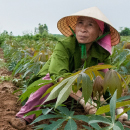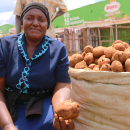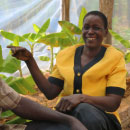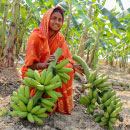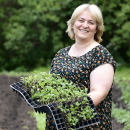Two newly developed tools help breeders to respond to the needs, preferences and constraints of all end-users.
The G+ tools, as they are known, ensure that social inclusion and specifically gender are given due attention in the development of the product profiles that guide breeders’ efforts.
The Gender and Breeding Initiative, led by RTB, developed the G+ tools in response to the fact that, despite widespread understanding that the preferences of women and men may differ, and are vital to the adoption of a new variety, they may not be considered until the final stages of breeding and release.
The G+ Customer Profile tool systematically identifies and disaggregates by sex the users for a specific product of a breeding program, while the G+ Product Profile Query tool provides a formalized way for breeding programs to inspect the gender dimension of trait preferences. They are intended to be used together, with the G+ Customer Profile tool providing a clear picture of who will use a new variety, and the G+ Product Profile Query tool ensuring that breeders are fully aware of what the potential users actually want and need.
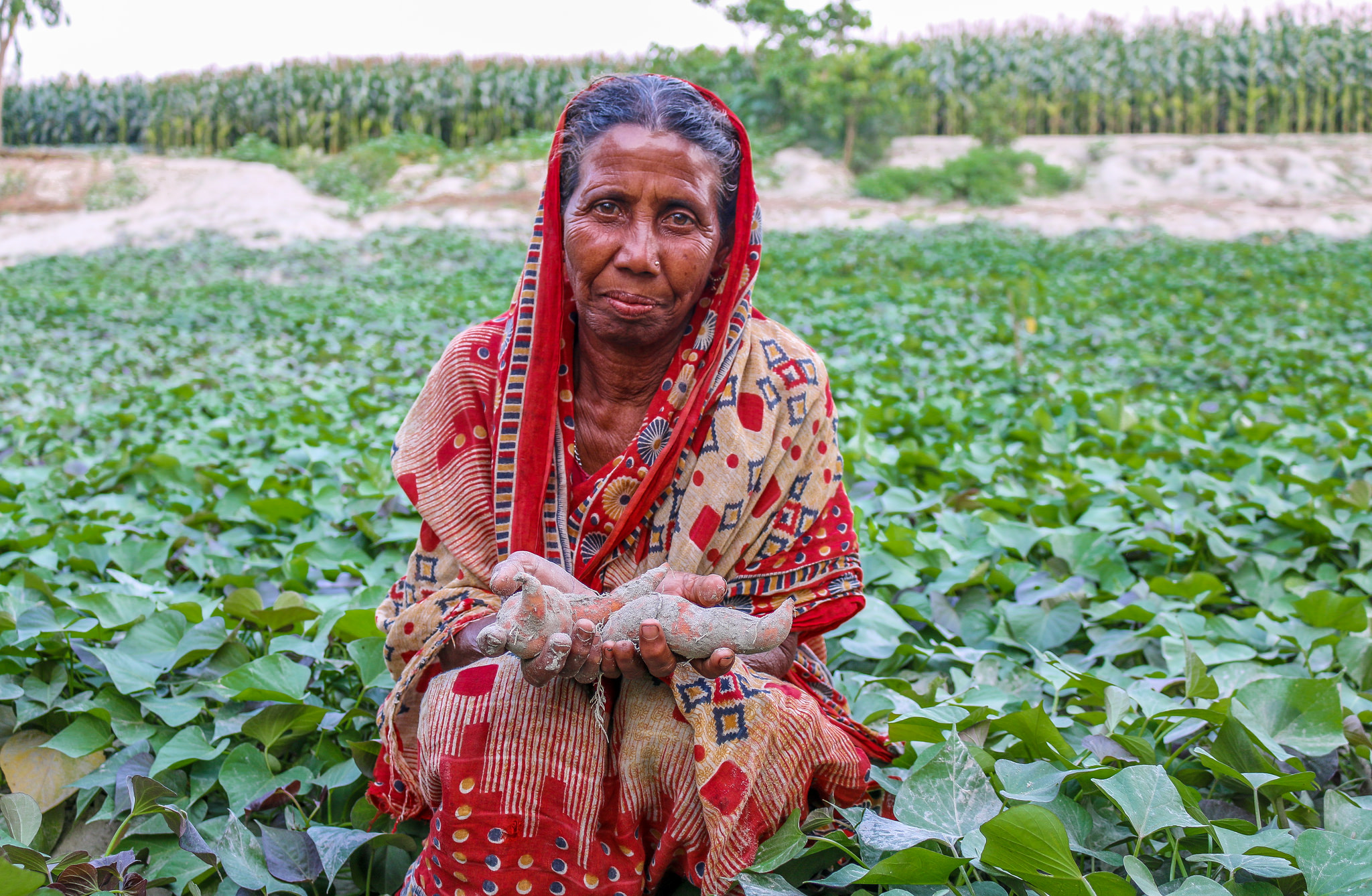
The Gender and Breeding Initiative worked with the CGIAR Excellence in Breeding Platform to develop, refine and test these tools. A crucial consideration is that when breeders are aware of gender differences in preferences, any decisions they make about whether to include or exclude a specific trait from the product profile must do no harm to women. Traits that boost yield, for example, but that increase processing time or decrease palatability, should be reconsidered.
The Gender and Breeding Initiative is creating a Guide to Gender Responsive Product Profile Development, which will be accompanied by training guidelines to support its use. Training will focus on compiling, collecting and consolidating the gender-relevant data needed to design more equitable product profiles. Standardizing the procedures and protocols to make use of the G+ tools will strengthen information flows between gender specialists and breeders and result in better crop varieties for women and men.

